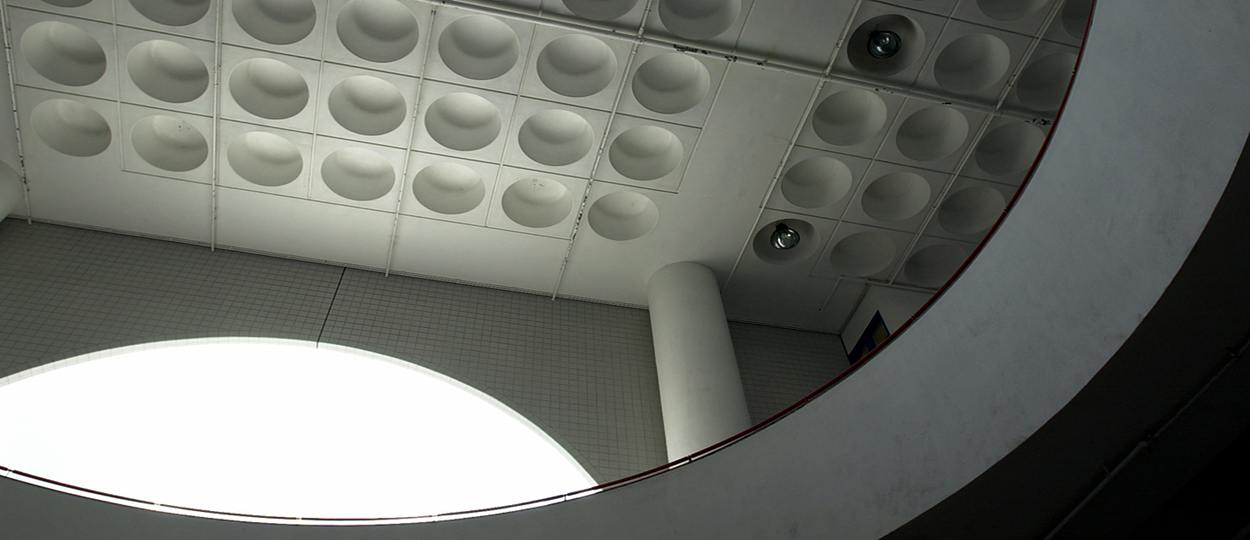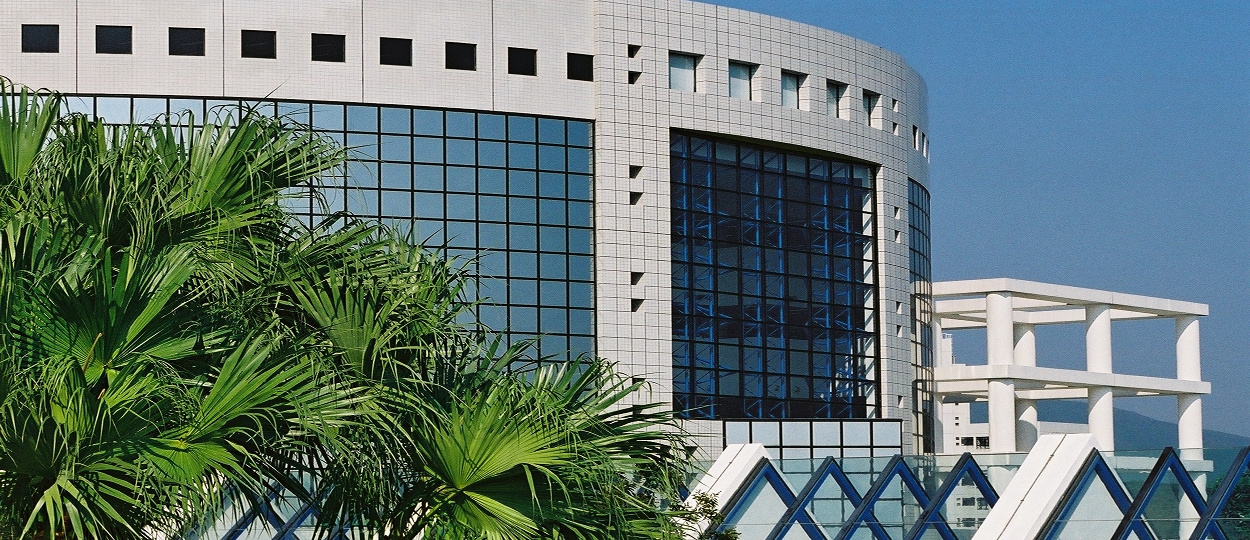
Associate Professor of Chemical and Biomolecular Engineering
“The most rewarding aspect to me is mentoring – transferring knowledge and values to students, and witnessing their growth during the most transformative years of their lives.”
As an undergraduate, I studied agricultural and biological engineering at Cornell University, with the coursework spanning life science and engineering subjects. After graduation, I went to work at the world-famous Merck Research Laboratories as a biochemical engineer. During my time there, I learned how to apply engineering skills to drug delivery and vaccine manufacturing, and I saw the demand for bioengineering research in the pharmaceutical industry. I then decided to take my Master’s (University of Pennsylvania) and PhD (Massachusetts Institute of Technology).
I had been encouraged to become an engineer by my father, who was a practicing electronic engineer. He emphasized the importance of quantitative thinking and problem-solving skills and he felt that engineering provided such training. He was also visionary because he could see the promise of engineering applications in life science and biotechnology in the future and suggested Ipursued my major in this area.
I joined the Department of Chemical and Biomolecular Engineering in the School of Engineering in 2006. As I am from Hong Kong, I decided to return to the city when offered the opportunity. Currently, my two main areas of research are drug delivery for the treatment of eye diseases and the research of nano materials for building the next generation of therapeutic carriers. I really find my research intellectually interesting. At the same time, such work can benefit people’s lives. Both motivate me to keep finding out more.
In teaching, I have initiated a project called Student Innovation for Global Health Technology (SIGHT). SIGHT provides a platform for students from different disciplines (not only engineering) to take part in projects with social impact. Based on the framework of design thinking, students brainstorm, prototype, and implement practical solutions for low-resource settings. Our first projects were carried out in Cambodia. I found this trip very meaningful as students had the chance to put their ideas into practice and clearly found it a transformational experience.
I like to think that I and women faculty in general serve as role models for women students. If female students are interested in engineering, they should go ahead to join the field. I enjoy the freedom of doing what I enjoy (SIGHT, conducting research), and also my interaction with different people, such as my research team, students, and scientists from all over the world. However, the most rewarding aspect to me is mentoring – transferring knowledge and values to students, and witnessing their growth during the most transformative years of their lives.
Source: SENG Infocus










